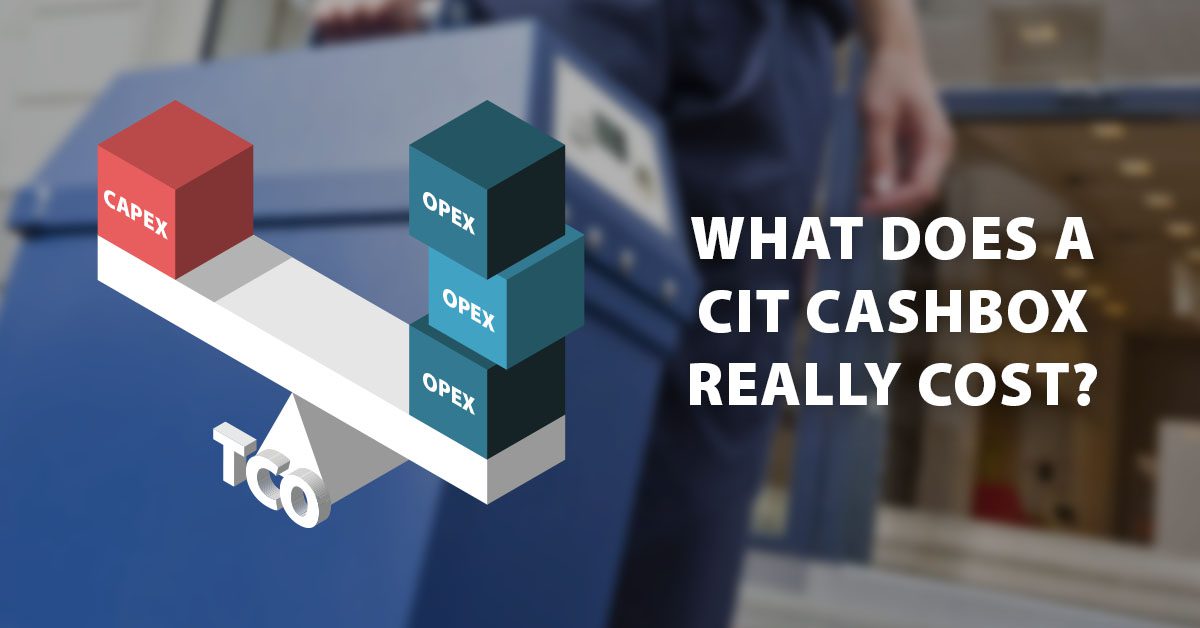Global attacks on Cash-in-Transit in 2020
Cash continues to serve a vital role in any country’s financial and economic progress. The relevance of cash may be changing in today’s new media age where cashless transactions are possible and the recent threat of the Covid-19 pandemic has induced fear of handling cash, however, cash is still king. Businesses remain dependent on cash. Most people still prefer to have cash on hand, especially for immediate needs and emergency expenses.
On the other hand, cash remains to be the number one target of opportunistic criminal minds. Where there is a lot of cash, crimes can be rampant. Obtaining high-value cash as fast and as easily as possible is the objective of most organised illegal operations like planned robberies, theft, and fraud.
Banks, large retailers, and other facilities that deal with large amounts of cash deploy cash-in-transit (CIT) vehicles to physically transport money from one location to another. CIT operations can utilise armoured, semi-armoured, and even soft-skinned vehicles when moving cash. But due to the nature of its operations, CIT vehicles become the unfortunate target of robbers and thieves.
When talking about cash-in-transit robberies, images from money heist movies may come to mind. CIT heists in movies are mostly portrayed with explosions and shoot-outs. These may look exaggerated but, in reality, CIT robberies can truly inflict great danger to the drivers, couriers, and the business itself.
Severity of CIT Crimes across the world
According to a study, there are three main typologies of cash-in-transit offenders: amateur, intermediate, and professional. Amateur armed robbers tend to be opportunistic offenders who have short-sighted intentions and little understanding of the outcome of the crime. Intermediate offenders are more organised and experienced than amateurs, but not as dedicated as professionals. Professional armed robbers are involved in the rigorous planning, are more willing to engage in violence, and are more likely to persistently commit the crime.
Armoured cash vans are difficult to penetrate, so robbers use excessive force and high-powered firearms to compromise the integrity of the vehicle and make the asset more accessible. This type of attack is most likely committed by professionals who have invested time and effort in planning the heist.
In South Africa, cash-in-transit robberies had reached a point where it had been considered as a national crime emergency, an epidemic. The attacks were violent and deadly, which resulted in people dying and getting severely wounded. An article in Independent Online declared that a total of 35 CIT heists had been recorded in the country in January 2020. That’s an alarming record of at least one CIT robbery in a day. Moreover, the South African Police Service (SAPS) recorded 19 cases from April to June 2020 and 64 cases from July to September of the same year.
Police Minister Bheki Cele addressed the severity of these CIT heists during a speech on 13 November 2020. “It is clear armed gangs targeting cash vans, are becoming more desperate and ruthless as the year comes to a close. These criminals are stopping at nothing to carry out their criminal acts, often doing so in public spaces near innocent bystanders,” Cele remarked. He, however, assured the country that the SAPS is taking these impudent criminal acts seriously and that there have been breakthroughs in taking down some of these criminal syndicates as well as recouping some of the stolen money.
Europe, being one of the largest markets in the cash-in-transit services industry, has its share of a number of CIT attacks in 2020. In Lyon, several armed robbers attacked an armoured security vehicle and fled the scene with €9M in cash. A different incident took place in Dublin where a CIT worker, returning to his security vehicle with a cash box from a retail unit, was threatened with a hammer by an unidentified assailant. And in Manchester, a series of robberies were reported and thought to be the work of two robbers wherein, according to a detective inspector’s statement, “Each has a similar pattern, involving a cash delivery worker being threatened at the point of replenishing an ATM – usually with a bladed weapon such as an axe – before the offenders leave on foot or bicycle.”
The indicated crimes above are just a portion of the total number of crimes against the global cash-in-transit service industry. The more severe and persistent the attacks, the more lives are in danger.
How to reduce attacks on CIT operations
The high crime rates propel the global CIT services market, which results in increased demand for security specialists and professional security systems. Businesses are determined to find new methods to control the violent attacks, to protect their people, and keep their hard-earned money safe. The security service industry must innovate to counter and minimise the crimes against the cash-in-transit operations.
In the early 80’s, Mactwin designed the first ingenious CIT security solution to eradicate cash-in-transit threats in the Netherlands. Although new technology has lead to significant advancements in the products over the years, the concept stays the same: making sure that criminals are not rewarded for their efforts. CIT companies in numerous countries, all over the world, use Mactwin security solutions to keep their people and assets safe. All our cash security solutions boast reliability, ease of use, and low total cost of ownership. We believe in beating the crime at the source―where there’s no cash, there’ll be no crime.
The MactwinBox is an intelligent cash box that performs irreversible cash degradation in case of an attack. The materials and components used are designed for heavy and intense usage with minimal maintenance cost.
For small or irregularly shaped spaces and inside security vehicles, the Gatekeeper prevents tailgating and piggybacking. This single-person access control system is designed with an ultra-compact footprint to fit spaces as small as 1m².
Do you want to learn more about the MactwinBox and Gatekeeper?
Call one of our specialists now at: +31 26 479 22 33.





